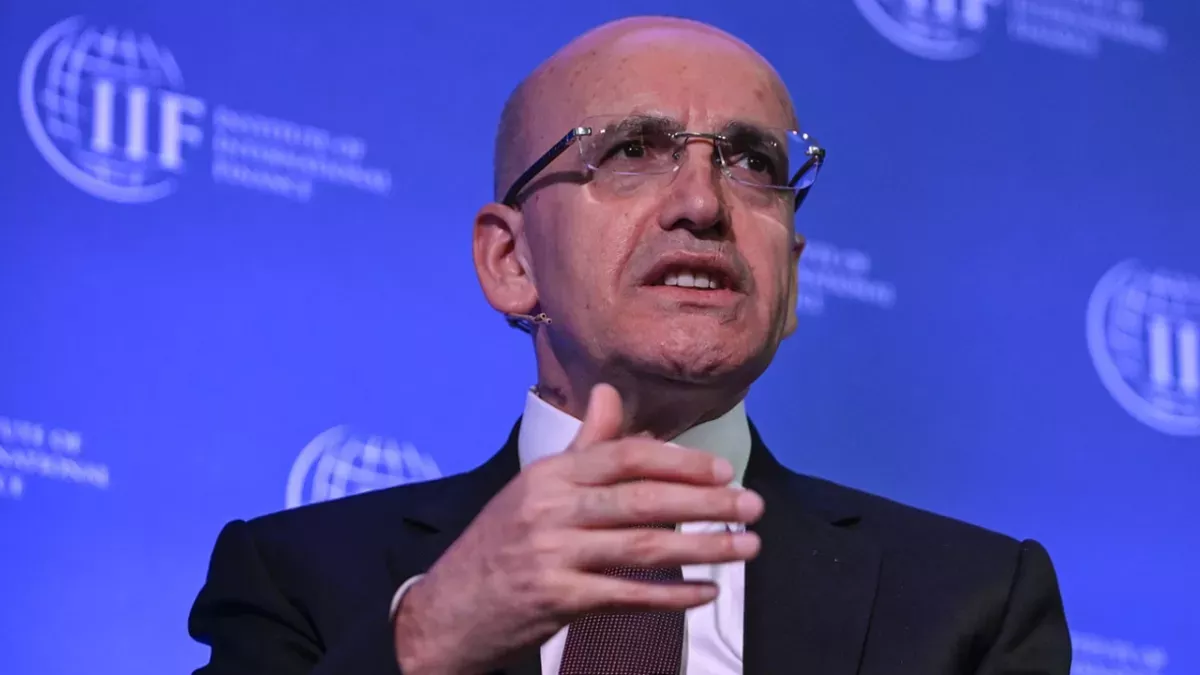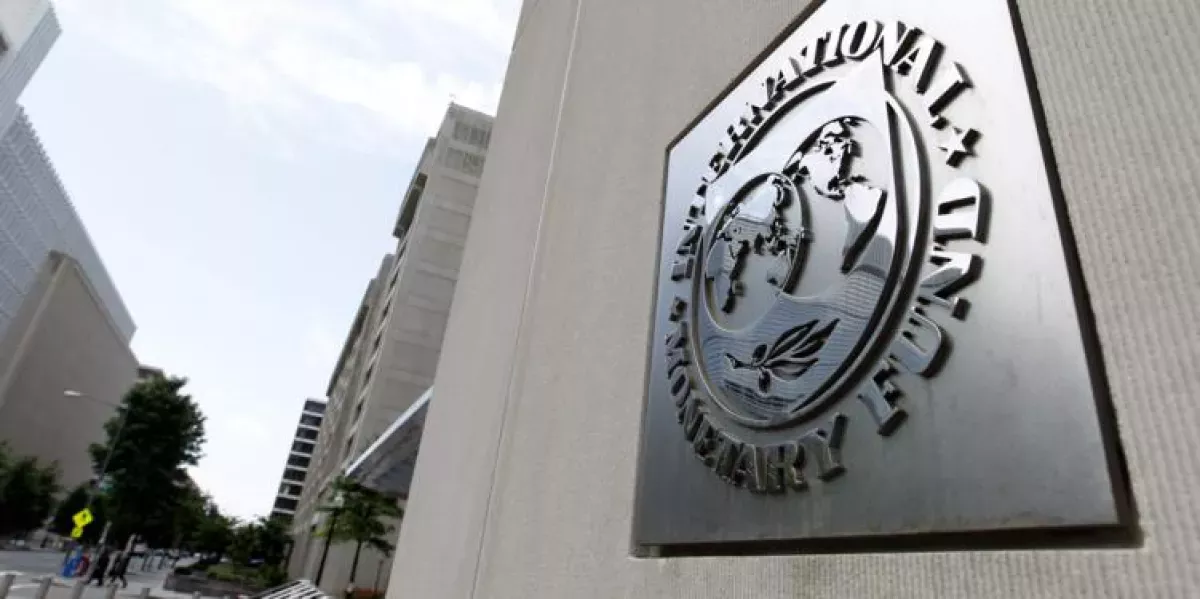The Turkish miracle: From GDP growth to defence industry breakthroughs Tracking the trends behind economic shift
According to data from the Turkish Statistical Institute, Türkiye’s seasonally and calendar-adjusted GDP grew by 1.6% in the second quarter compared to the first quarter. Overall, the Turkish economy expanded by 4.8% year-on-year in the second quarter, surpassing all previous forecasts.
The main drivers of growth were seen in the construction and industrial sectors. Against this backdrop, Türkiye’s annual national income approached $1.5 trillion.

Turkish Finance Minister Mehmet Şimşek noted that these results reflect the consistency of the country’s economic program. He stated that production growth was observed across all sectors except agriculture, where the impact of spring frosts acted as a limiting factor. Meanwhile, the manufacturing sector reached record levels, and high-tech output increased by 40% compared to the previous year.
Commenting on the figures, Turkish Vice President Cevdet Yılmaz emphasised that the government’s efforts aimed at macroeconomic stability and structural transformation have “stood the test of time.” He added that, despite ongoing regional and global tensions, the Turkish economy continues to show positive momentum.
Türkiye’s Ministry of Trade announced a target to raise the country’s exports of goods and services to $390 billion by the end of this year. It noted that Türkiye’s share of global goods exports has increased from 0.55% in 2002 to 1.07% today. Over the same period, the country’s share of global services exports rose from 0.84% to 1.32%. In 2024 alone, Türkiye’s exports of goods and services reached a record level of nearly $380 billion, while for January–July 2025, this figure totalled approximately $157 billion.

Over the past 22 years, Türkiye’s economy has grown at an average annual rate of 5.4%. By the end of the first quarter of 2025, the country’s GDP had reached $1.371 trillion, and GDP per capita had increased by roughly 5–10% since 2022.
These figures should come as no surprise: as early as April 2025, the International Monetary Fund (IMF) revised Türkiye’s growth forecast upward from 2.6% to 2.7%, and two months later, the World Bank also adjusted its earlier estimate, raising it by 0.5 percentage points to 3.1%.
Türkiye’s inflation rate, which had surged to nearly 75.45% in 2024, fell to just over 35.05% by June 2025, continuing a 13-month trend of uninterrupted decline. Inflation is projected to drop further to 30% by the end of 2025 and to 21% in 2026. The benchmark interest rate is also expected to decrease, reaching 36% by the end of 2025 and 23% in 2026.
Economists have also highlighted the rise of the Istanbul Stock Exchange index and the increase in the Economic Confidence Index to nearly 98 points, marking the highest level in the past five months. Notably, confidence has strengthened among both consumers and service and retail providers.
Experts attribute the improved financial and economic situation in Türkiye to several factors, including stabilised energy prices, a tight monetary policy, declining food inflation, and other contributing elements. Analysts also point to Ankara’s new 2025–2027 economic program, which prioritises boosting domestic production, attracting foreign investment, and achieving long-term financial stability.
The program also includes measures to improve the business environment and develop infrastructure to strengthen Türkiye’s global competitiveness. The document outlines administrative and legal reforms aimed at simplifying procedures and reducing bureaucracy. In addition, it emphasises support for small and medium-sized enterprises, enhanced digital security, expanded government digital services, the development of technological roadmaps for 5G implementation, and the launch of new satellites. Renewable energy adoption and the implementation of eco-friendly technologies are also listed among the program’s key priorities.

Tourism also deserves special mention: in the first half of 2025, Türkiye welcomed 26.3 million visitors, generating nearly $26 billion in revenue—a year-on-year increase of more than 7.6%.
Defense News reports that five Turkish companies, including Aselsan, made it into the prestigious global “Defense News Top 100” ranking. Meanwhile, ROKETSAN plans to begin serial production of the Tayfun Block4 hypersonic ballistic missiles in 2026, placing Türkiye among a select group of countries possessing such advanced technology.
Overall, these developments underscore a significant leap forward for the Turkish economy, highlighting the strength of both the state and society.








